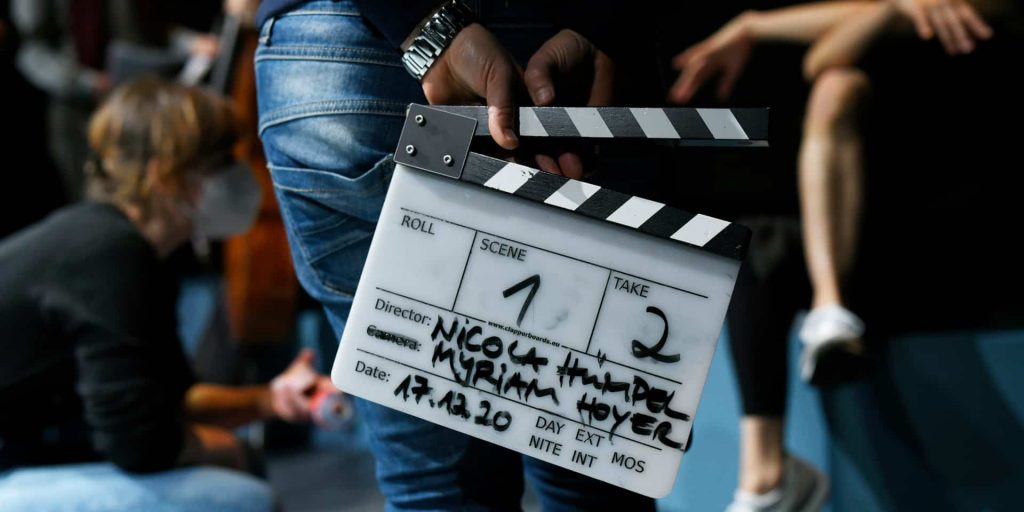
A Beethoven Project: On the composer’s 250th birthday, Nico and the Navigators and the Kuss Quartett question the aesthetic and political constraints and freedoms under which Beethoven’s work was written.
ZDF/ARTE showed the TV version of Nico and the Navigators’ music film “Force & Freedom”, made in collaboration with the renowned Kuss Quartett in 2020, on 11 July 2021. Nominated for the OPUS KLASSIK 2021 in the category “Audiovisual Music Productions”, the film was originally staged as a staged concert in which Nico and the Navigators and the Kuss Quartett dedicated themselves to the life and work of Ludwig van Beethoven, whose 250th birthday was commemorated last year. The film was produced together with EuroArts.
What does it mean to appropriate the late pieces of the great composer with all your senses today? How have these sensations changed in the here and now? How do they relate to our current experiences? With Opus 59 No. 3, the Heiliger Dankgesang, the String Quartet Opus 135, the Great Fugue as well as three adaptations of Beethoven songs, Nico and the Navigators, together with the Kuss Quartett, have embarked on a scenic and cinematic search for traces – from the historical sources to their own present in the pandemic year 2020.
The work, whose title “Force & Freedom” varies the motto “tantôt libre, tantôt recherchée” (“partly free, partly rigorous”) borrowed from the Fugue, was already overshadowed by a radical change in reality shortly after rehearsals began in spring 2020: Due to the Corona pandemic, not only the premiere at the Schwetzingen SWR Festival had to be cancelled, but also the joint work of the ensembles was no longer possible for the foreseeable future. Suddenly the words constraint and freedom, which were originally intended to outline coordinates in Beethoven’s life, became a direct experience for all those involved. How would dancers, singers, musicians and performers meet in a confined space in the future? How would the audience fit into such a situation?
The fact that the economic constraints that Ludwig van Beethoven had once suffered would become more acute for almost all independent artists in the course of the crisis was not even foreseeable at the time. First and foremost, it was about the barely bearable distance, about the isolation and prevention of work that depended on exchange.
Nico and the Navigators, together with the Kuss Quartett, countered the threat of resignation last spring with small messages from the shared present in isolation. Thus, a crisis diary was created in digital space (https://tagebuch.navigators.de). Of course, all those involved were painfully aware that these virtual encounters could not offer a full-fledged substitute for direct artistic exchange. So it is all the more gratifying that a film could be made in the radialsystem in place of the Berlin premiere, which was also cancelled in the second Lockdown. Beethoven’s String Quartet Opus 135 provides a model for insight into necessity:
In the fourth movement, under the title “Der schwer gefasste Entschluss” (The Difficult Decision), there are two mottoes that situate the work between rebellion and surrender: “Must it be? It must be!”
With the release of the final TV version of “Force & Freedom”, Nico and the Navigators and the Kuss Quartett look back on an emotional genesis of this protracted project, steeped in euphoria and disappointment as well as creative reinvigoration. Intermittently and intermittently, the team worked together on and off for almost three years. The world premiere of the stage version took place on 2 November 2021 at the Konzerthaus Dortmund.
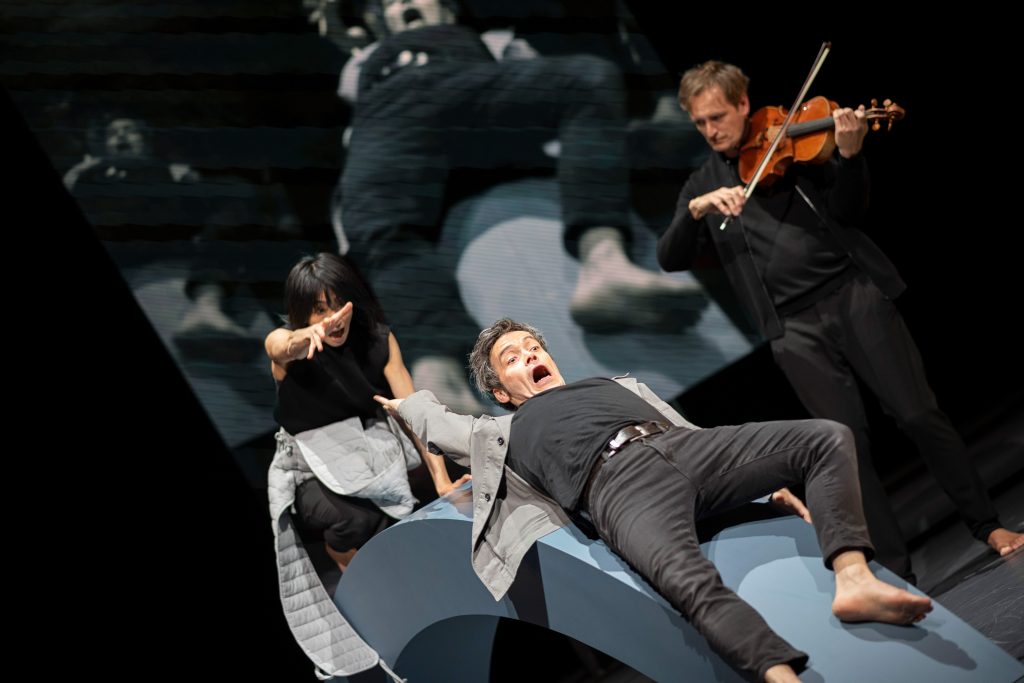
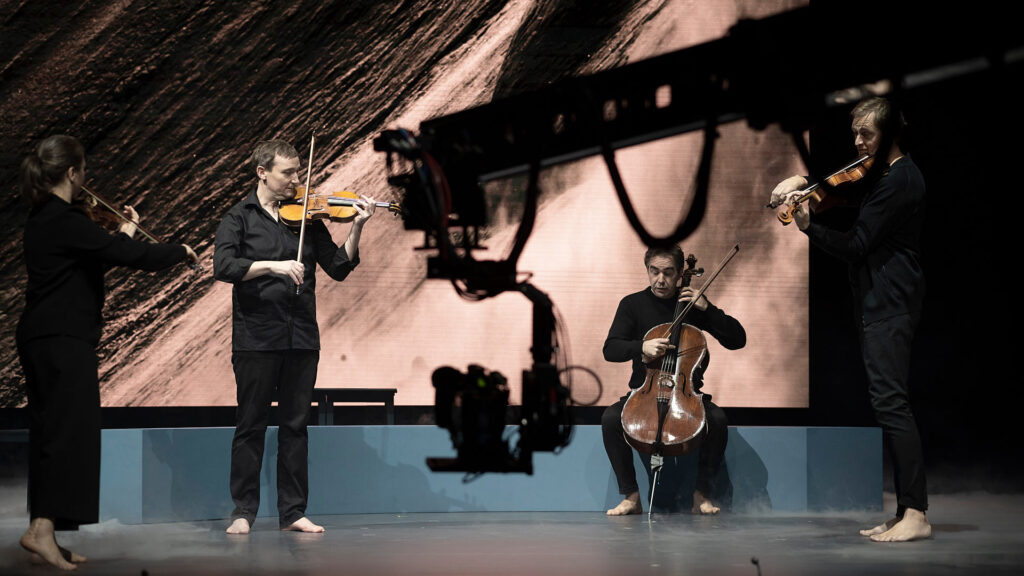
“Even in this late stage, it’s still about these classical contrasts that Beethoven differentiated very finely and infinitely. And this theatre collective now uses this to make listening visible with scenic means … a very multi-layered picture that can be interpreted in many ways, but always related to Beethoven, and that is pretty strong!”
Right now, at this hour, a film is being put online for the first time, all about the great jubilarian of this year, Ludwig van Beethoven. "Force & Freedom" - Beethoven between compulsion and freedom, that's the title. And it's about experiences from back then and in the here and now. The premiere was planned for the 2020 Schwetzingen Festival, but had to be canceled. Coercion and freedom thus became a direct experience for everyone involved. Matthias Nöther has already had the opportunity to see the film this afternoon. Now he is joining me. Good evening, Mr. Nöther! Matthias Nöther: Good evening, Mr. Vratz. Christoph Vratz: Yes, now that the actual day of Beethoven's birth and baptism has passed, was that another really great moment? This film in what is basically really not a smooth Beethoven year. MN: Yes, the Beethoven year was not smooth because we had the Corona pandemic. It had less to do with Beethoven himself. This state of affairs preoccupies the whole of society, and it would be strange to assume that a currently working theater collective like Nico and the Navigators would not be preoccupied by it. Especially since this motto "Between constraint and freedom" - the title of the production - can definitely be applied to Corona and not only to Beethoven. So we all have had enough constraints this year. And some think they have also gained new freedoms as a result; not all, of course. So: Was there this reference to Corona is the question? You have to answer that clearly in the affirmative. There was this reference in this new film production by Nico and the Navigators, and you can understand that quite well in one of three songs that were also played in this evening otherwise dominated by string quartet sounds. The song is called "Resignation" by Beethoven, is from the year 1814 and we can listen to it briefly. It is sung by the tenor Ted Schmitz. - Ted Schmitz - "Resignation" MN: Yes, you have to say that in this evening, which is also carried by performers, there is a preface by this tenor to this song, where he asks very provocatively that there are so many ways to exude. Like this flame that is mentioned in the song. Nowadays there are digital ways. So if the flame has no more oxygen in one place, then it can spread out and go in other directions. And so the digital nomad of today could also - he says quite arrogantly - go anywhere and keep his light burning everywhere. And it has to be said quite clearly, and this is made a bit negative by the fact that it is charged and causes contradiction, this speech of the tenor, it has to be said that this does not apply to all people. Many people have the need to meet people face to face, to feel human touch. And this arrogant gesture was of course also the gesture of Beethoven, who thought he didn't need all that. And Nico and the Navigators is very much in opposition to this. And that is, for example, a moment where Corona is very present as a social grievance or condition, and yet this relationship to Beethoven is built up. HF: Now the Kuss Quartet is also involved and plays - predominantly, let's say - works from Beethoven's late phase. These are relatively unwieldy pieces that have always puzzled many listeners and still do. They have little to do with the Beethoven of the middle or early phase, or only to a limited extent. How is this program of the film arranged? Is this late phase isolated, a truncated episode, or is it somehow visible with direct reference as having grown out of the middle phase? MN: It's actually the case that a Razumovsky quartet - a movement from it - is also played. So this very symphonic grandeur, which is no longer there in the late work. But one must also say that the late works also have light features. Not everything is always difficult and complicated. At least not everything always sounds complicated. Even in this late phase, it's still about these classical contrasts, which Beethoven simply differentiated very finely and infinitely. And this theater collective is now using this to make it visible, to make it scenically visible, and in part not to convey any great messages to the listener, but simply to make hearing visible with scenic means. This dancer, who is always with Nico, Yui Kawaguchi, who makes this constraint and this contrast of freedom very much visible in the pieces, through very strong, powerful arm movements, and very soft movements of the arms. The arm, the hand, as a symbol for having everything firmly under control. Another scenic device that is omnipresent is the see-saw, a blue see-saw that is set in the otherwise black stage landscape. This seesaw as an antithesis between compulsion and freedom, that sometimes gives incredibly strong images, when then a metronome is set up on this seesaw, an instrument that also expresses compulsion in music, but then is also supposed to enable freedom. This metronome then falls down when this seesaw eventually teeters. This is, of course, a very complex image that can be interpreted in many ways, but always related to Beethoven, and that is already strong! Partly really great messages on this evening, but partly also that you give the listener something to see as an aid. HF: Finally, the question: who is this film aimed at, at Beethoven connoisseurs or is it something for everyone who doesn't know this prehistory, as you have just described it? MN: Well, you don't really have to have more than an affinity for classical music, be somewhat familiar with the canon of gestures, and perhaps you should also have a certain affinity for music theater and theater. That's where Nico and the Navigators come from. They've been doing staged concerts for a long time, that is, concerts that have been put on stage and are not musical theater, and they have a lot of experience there. So you don't have to be able to decipher big codes like I touched on here, you don't have to. But you do have to, or you should be prepared to be able to appreciate a very stringent dramaturgical idea, as it is shown here, with a consistent formulation of constraint and freedom.
A production of the Schwetzingen SWR Festspiele and Nico and the Navigators funded by the Berlin Senate Department for Culture and Europe. Funded within the framework of "BTHVN 2020 - nationwide" by the Federal Government Commissioner for Culture and the Media. Co-produced by the Konzerthaus Dortmund. In cooperation with the radialsystem. The film was produced by EuroArts and Nico and the Navigators in co-production with ZDF/ARTE.

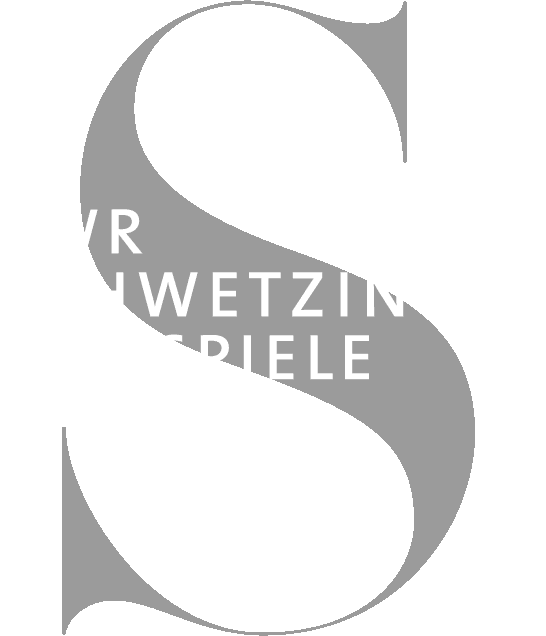
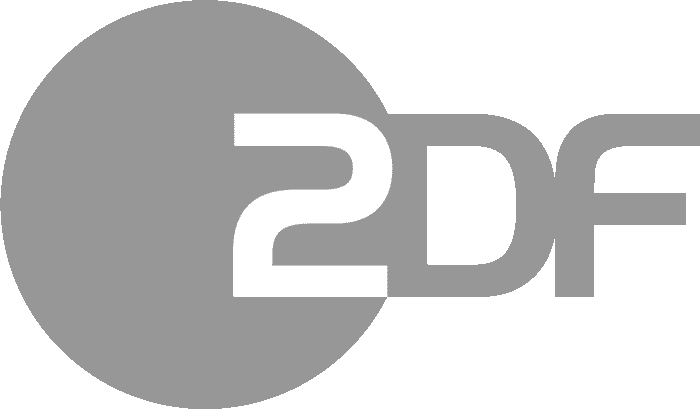


Tickets for this date are not available yet. Leave your mail adress to get notified when tickets are available.